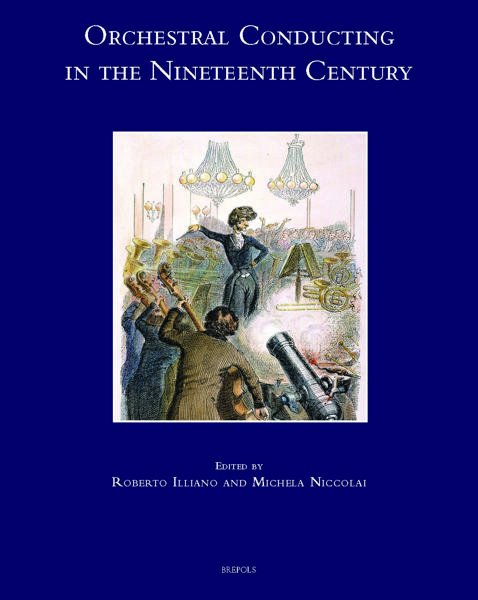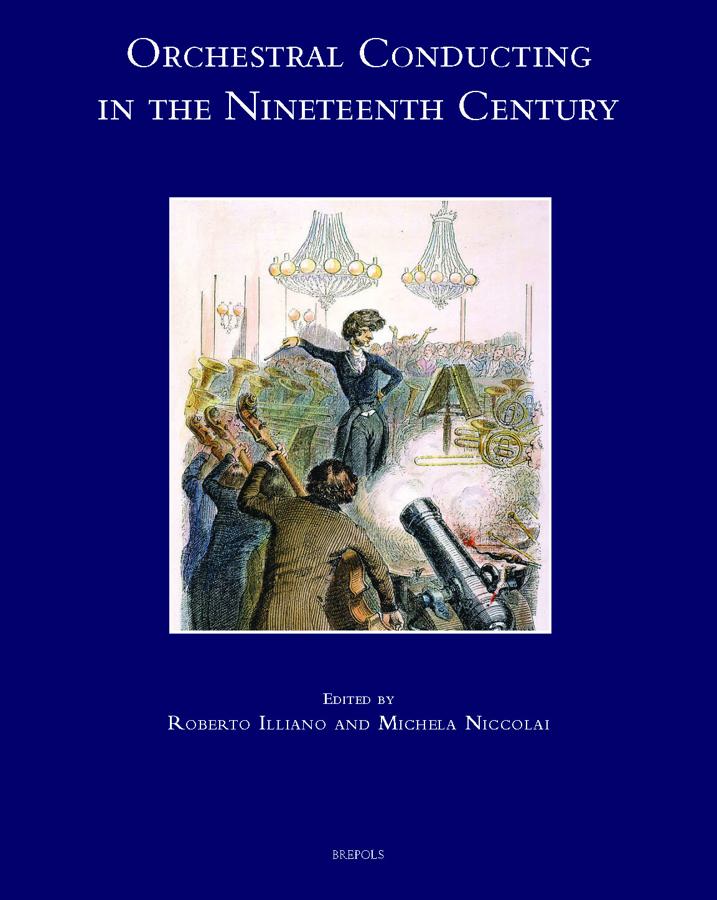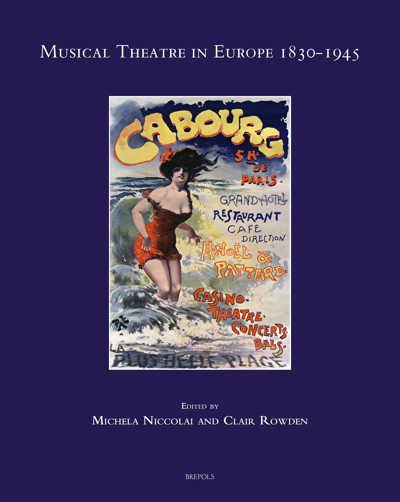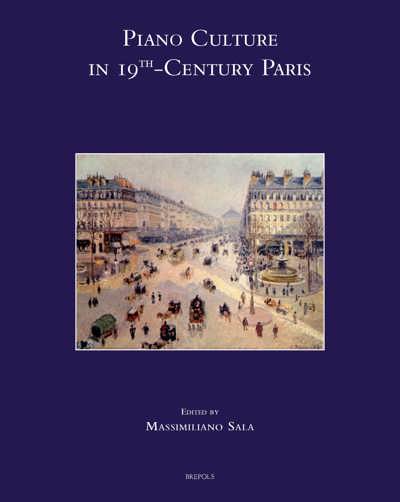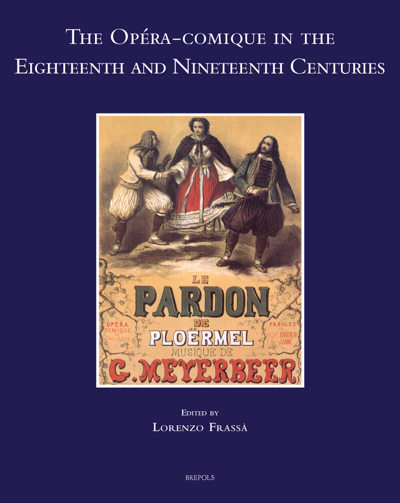
Orchestral Conducting in the Nineteenth Century
Roberto Illiano, Michela Niccolai (eds)
- Pages: 441 p.
- Size:210 x 270 mm
- Illustrations:36 b/w
- Language(s):English, French, Italian
- Publication Year:2014
- € 130,00 EXCL. VAT RETAIL PRICE
- ISBN: 978-2-503-55247-7
- Hardback
- Available
The nineteenth century witnessed the birth of the public figure of the orchestral conductor. Like composers and performers, orchestral conductors registered the transformed concept of the ‘musical work’. Whilst the Industrial Revolution generated new types of profession, the orchestral conductor’s career emerged, as an outcome of the greater consideration that was devoted to the act of ‘performance’. In the present volume nineteen scholars explore historical and sociological phenomena connected to the nineteenth-century system of performance and musical production in which the orchestral conductor worked. A number of chapters investigate the musical performances of famous orchestral conductors; conducting by renowned composers (including Berlioz, Bottesini, Charpentier, Liszt, Mendelssohn, Paganini and Rolla) and orchestral treatises for military bands. The authors featured are: Fabrizio Ammetto, Maria Teresa Arfini, Rémy Campos, Paola Cannas, Antonio Carlini, Claudia Colombati, Mariateresa Dellaborra, Gilles Demonet, Elisa Grossato, Emmanuel Hervé, Étienne Jardin, Walter Kurt Kreyszig, Naomi Matsumoto, Michela Niccolai, Fiona M. Palmer, Rudolf Rasch, Renato Ricco, Gesine Schröder, Ruben Vernazza.
Foreword
Conductors and Conducting in Nineteenth-Century Europe
Fiona M. Palmer, Conductors and Conducting in 19th-Century Britain: The Liverpool Philharmonic Society (1840-1895) – Naomi Matsumoto, Michael Costa at the Haymarket: The Establishment of the Modern Role of ‘The Director of Music’ – Étienne Jardin, Les chefs d’orchestre dans les concerts parisiens de 1794 à 1815 – Rudolf Rasch, From Collegium musicum to City Concert: The Professionalisation of Ensemble and Orchestral Music Making in Utrecht
Historical, Aesthetic and Sociological Aspects
Renato Ricco, Virtuosismo violinistico e direzione orchestrale: rapporti storici e scissione dei ruoli – Gilles Demonet, Naissance, épanouissement et subordination du directeur musical – Claudia Colombati, La figura del direttore d’orchestra nella dimensione storico-estetica dell’Ottocento – Ruben Vernazza, Il direttore d’orchestra nel sistema produttivo del teatro d’opera italiano di fine Ottocento. Un caso eloquente: Emilio Usiglio a Firenze nel 1892
Techniques, Orchestral Dispositions, Treatises
Walter Kurt Kreyszig, Hector Berlioz’s Technique of Conducting in Theory and Practice. His Subdivision of the tactus in Le chef d’orchestre, théorie de son art and His Scores – Emmanuel Hervé, The Orchestra of the Paris Opera: A Forgotten Plan of the 19th Century – Antonio Carlini, Metamorfosi della direzione bandistica in Italia dall’Ottocento a Toscanini
Great Composer-Conductors
Maria Teresa Arfini, Felix Mendelssohn direttore d’orchestra – Gesine Schröder, The Historical Theory of Rhythm as Instruction for Conducting or How Liszt Performed his Symphonic Poems – Mariateresa Dellaborra, Alessandro Rolla direttore d’orchestra del Regio Teatro alla Scala – Elisa Grossato, Dal virtuosismo strumentale alla direzione di Aida: poliedricità artistica di Giovanni Bottesini (1821-1889), un direttore d’orchestra « impeciato di quartettismo »
Performance and Musical Interpretation
Rémy Campos, La répétition d’orchestre: d’un objet historique inédit à de nouvelles pratiques musicales – Fabrizio Ammetto, Elementos de concertación en los conciertos para órgano y orquesta de Gaetano Valeri – Paola Cannas, Sonata Forms in Performance
Biographies – Index of Names
